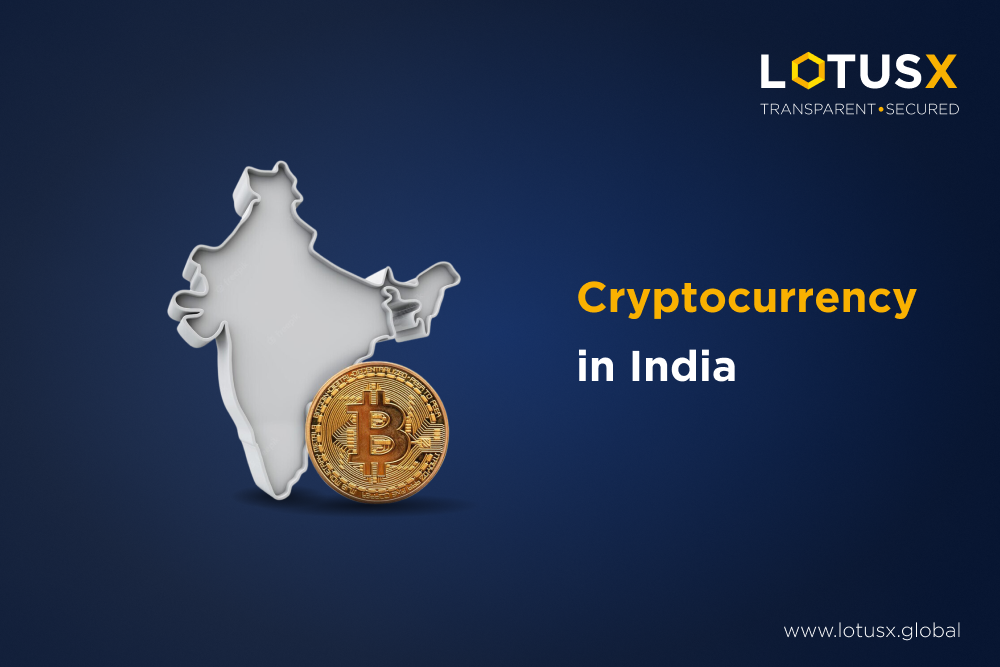Cryptocurrency has become a buzzword globally, and India is no exception to this digital revolution. Over the past few years, the Indian cryptocurrency landscape has witnessed significant developments, bringing both opportunities and challenges. In this blog, we’ll delve into the current trends shaping the cryptocurrency scene in India.
Growing Popularity and Acceptance
Cryptocurrencies are gaining widespread popularity in India, driven by a surge in investor interest. More Indians are exploring digital assets as an alternative investment class, seeking to diversify their portfolios. The increased acceptance is also reflected in the growing number of businesses, both online and offline, now accepting cryptocurrencies as a mode of payment.
Regulatory Developments
The regulatory landscape for cryptocurrencies in India has been dynamic. The Reserve Bank of India (RBI) imposed a banking ban on cryptocurrency transactions in 2018, but this decision was overturned by the Supreme Court in 2020. Last year, at the G20 Summit, there was a renewed need for a crypto regulatory framework. Since then, there has been a focus on creating a comprehensive regulatory framework. Recently, the acceptance of Bitcoin ETFs was a welcome change by the market and the numbers are proof of that. The government has shown intent to regulate rather than ban, providing a more stable environment for crypto businesses and investors.
Rise of Cryptocurrency Exchanges
India has witnessed a surge in the number of cryptocurrency exchanges catering to the growing demand. These platforms offer a user-friendly interface, making it easier for both seasoned investors and newcomers to participate in the crypto market. Some exchanges also provide additional services like staking, lending, and yield farming, creating a dynamic ecosystem.
Adoption of Blockchain Technology
Beyond cryptocurrency trading, there is an increasing recognition of the potential of blockchain technology in various sectors. Industries such as finance, healthcare, supply chain, and real estate are exploring blockchain solutions to enhance transparency, security, and efficiency. Startups and enterprises alike are investing in blockchain research and development, paving the way for broader adoption.

Cryptocurrency Education Initiatives
Awareness and education about cryptocurrencies have become crucial in the Indian context. With several misconceptions surrounding digital assets, educational initiatives have emerged to provide reliable information. Online courses, webinars, and workshops are helping individuals understand the basics of blockchain technology, the mechanics of cryptocurrencies, and how to navigate the market safely.
Increased Institutional Participation
Institutional players are increasingly recognizing the potential of cryptocurrencies as an asset class. Indian banks and financial institutions are exploring ways to integrate digital assets into their offerings. This institutional participation not only brings legitimacy to the crypto space but also opens new avenues for collaboration between traditional finance and the emerging crypto industry.
Bottom Line
The cryptocurrency landscape in India is evolving rapidly, marked by growing acceptance, regulatory developments, and a surge in institutional interest. While challenges persist, the overall trajectory is positive, with the potential for cryptocurrencies and blockchain technology to play a transformative role in the Indian economy. As the regulatory framework matures and awareness continues to grow, the Indian crypto ecosystem is poised for exciting times ahead. Investors, businesses, and policymakers alike will need to adapt to this changing landscape to harness the full potential of the digital revolution.




